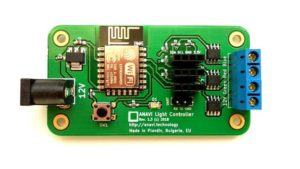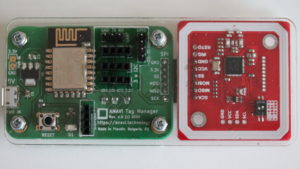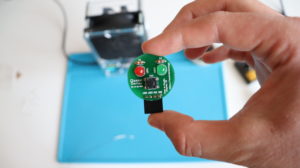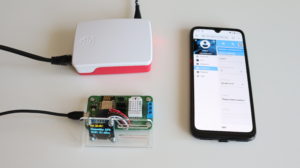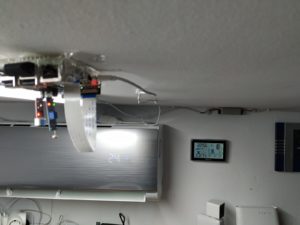This step by step tutorial explains how to install and configure the free and open source video conference software Jitsi Meet on Raspberry Pi with 64-bit Ubuntu Server 20.04. Although the Jitsi Meet installation is simple, the network configuration is not.
This tutorial is only for 64-bit Raspberry Pi models and versions, for example Raspberry Pi 4 or 3. It is recommended to use Raspberry Pi 4 with 4GB or more. Please note that Raspberry Pi 0, 2 and other older versions are 32-bit and this tutorial is NOT suitable for them.
Setup Network
To successfully run self-hosted Jitsi Meet on your Raspberry Pi at home and allow your friends and family to access it from anywhere you need to make several network configurations.
The network setup depends on your WiFi router and although the steps in general are the same they vary depending on the router model and version:
- Dynamic DNS (DDNS) – the public IP of your WiFi router is provided by your ISP (Internet Service Provider) and in general may change over time. To avoid service downtime and hassle to remember IP address, it is highly recommended to setup DDNS. Some ASUS routers, like RT-AC68U, have this advanced service built-in. Alternatively you can use one of the many free or low-cost DDNS services.
- SSL (Secure Sockets Layer) certificate – for secure communication over HTTPS. It is highly recommended to get a free certificate from the automated and open certificate authority Let’s Encrypt. You can do this through your WiFi router (if it supports it), manually or during the installation of Jitsi Meet.
- Port Forwarding – two ports must be forwarded from the Raspberry Pi on which Jitsi Meet is running to the Internet through the configurations of the WiFi router. By default these ports are: 443/TCP for the HTTPS server and 10000/UDP for the video bridge of Jitsi Meet.
Install Jitsi Meet
Download and add Jitsi GPG key to the list of trusted keys. Once added you can remove the downloaded file.
wget https://download.jitsi.org/jitsi-key.gpg.key
sudo apt-key add jitsi-key.gpg.key
rm jitsi-key.gpg.keyCreate Jitsi repository for downloading and installing appropriate packages:
echo "deb https://download.jitsi.org stable/" | sudo tee -a /etc/apt/sources.list.d/jitsi-stable.listObtain the Jitsi repository and after that install package jitsi-meet:
sudo apt update
sudo apt install jitsi-meetDuring the installation jitsi-meet will ask you to either use your own SSL certificate or to create one for you.


